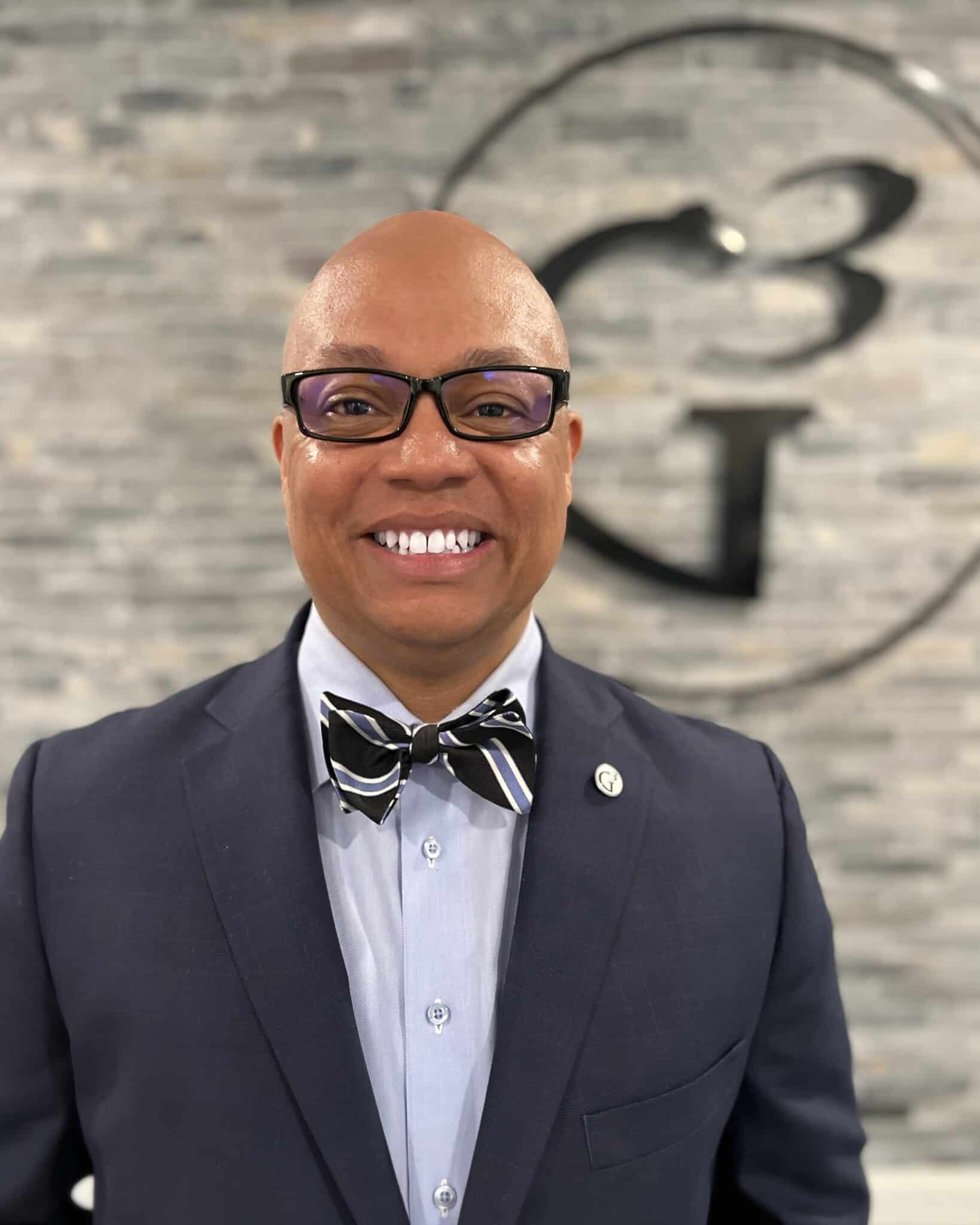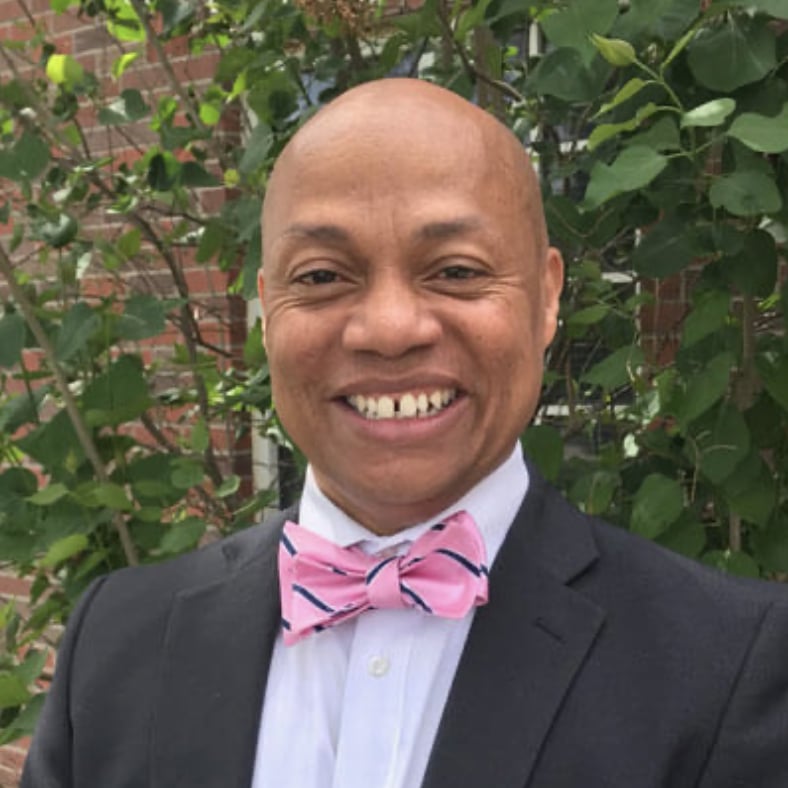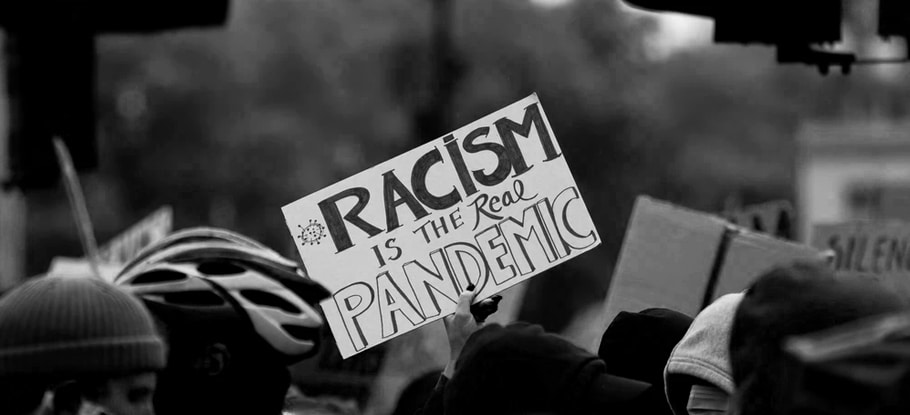As closing arguments in the Jussie Smollett case end, it was incredible to witness Smollett’s actions outside of the courtroom. Continuing with his version of events despite a mountain of evidence to the contrary, Smollett would raise his fist in a salute of Black solidarity when asked how he was doing. The case is now in the hands of the jury, so we’ll await the verdict.
However, as I witness the events leading up to the case, I ask myself the same question. What is it about the current crop of successful actors, sports figures, and entertainers positioning themselves as attention-seeking social justice warriors? Many of them are attaching themselves to a needless movement while promoting their victimhood status.
Jussie Smollett was charged with allegedly staging a hate crime and lying about it to police in January 2019. Police would find his story difficult to believe as evidence emerged that the two men involved in beating Jussie received a check for $3,500 days before the attack. According to Jussie, he was attacked by two MAGA hat-wearing white men who said, “This is MAGA country,” while hurling racial and homophobic epithets at him. According to Smollett, the men poured bleach on him and hung a noose around his neck during the attack. After the attack, police would find Jussie in his home with the noose still around his neck. News commentators, politicians, and athletes expressed outrage as the story confirmed a narrative about systemic oppression and racism in America.
As holes in the Smollett story began to emerge, police began putting together another story based on the evidence that contradicted Smollett’s media-driven narrative.
When every difference is seen as a race-based disparity rather than the diversity of one’s own decisions, genuine racism wins.
What concerns me, and should be concerning to us all, is what’s happening in our culture. We live in an environment where objective investigative reporting is rare. Currently, news commentators, politicians, and athletes all race toward stories that fit a particular narrative based solely on the skin color of the person telling the story. Long before the evidence of an account has been investigated, guilt or innocence is determined based on skin color. If you’re Black, and your story fits a narrative of oppression, you’re to be believed, regardless of evidence to the contrary. However, if you’re White, you’re automatically guilty, irrespective of the evidence to the contrary. How did we get here?
It’s Tough being a Black Man in America
Lebron James is arguably one of the most successful and recognizable people on the planet. Lebron’s life story is about overcoming the odds and leveraging hard work to make one’s dreams come true.
However, the focus of the Lebron story in 2017 became about the racial slur written on the gates of his Los Angeles home. While there are no pictures and no security camera footage, reports by Lebron explained that a racial slur was painted on the gate to his home. The incident, if true, goes to show that there are idiots out there who would dare to do anything. However, Lebron took it much further than an isolated incident perpetrated by some unknown person. As the incident sparked national media attention, Lebron explained that it’s “tough being Black in America.”
Another Hate Crime?
Bubba Wallace, a successful driver, recently became the second Black driver to win NASCAR’s top Cup series at the Talladega Superspeedway. Along with the stories of congratulations in the press, what followed most of the coverage is the narrative that brought Bubba Smith national prominence—the story of the noose hanging in a garage.
In June of 2020, Wallace discovered what he believed to be a noose hanging in the garage he was assigned at Talladega. Wallace, who had successfully urged NASCAR to ban the use of the Confederate flag just weeks earlier, believed the noose in his garage to be the effects of a hate crime. Before the investigation, media outlets and NASCAR officials jumped to conclusions that fit the narrative. Bubba experienced support from his fellow NASCAR drivers.
After a thorough investigation, officials learned that the “noose” was not a part of a hate crime. Instead, it was a rope placed to open and close the garage long before assignments were given as to who would occupy each one. Crisis averted. However, this didn’t stop commentators from establishing the ongoing narrative of Black oppression despite the overwhelming support given to Wallace during the debacle.
The stories associated with Bubba Wallace, Lebron James, and Jussie Smollett are problematic. They display the impact of a story that fits a narrative based upon skin color rather than awaiting truth. However, all three of these stories are far less tragic than Michael Brown, who lost his life fighting with Officer Darren Wilson. I bring up the Brown case here to expose the power of a false narrative as it travels around the world before the truth puts its shoes on. The “hands up don’t shoot” narrative raced worldwide with the help of entertainers, news commentators, and politicians while having no basis in reality. This false narrative served as fuel for the Black Lives Matter movement.
Civil Rights vs. Social Justice
While many remember the name Rosa Parks, few are familiar with the Claudette Colvin story. Rosa Parks, famous for being unwilling to give up her seat on a segregated bus in Montgomery, Alabama, launched the Montgomery Bus Boycott. It was nine months earlier that Claudette Colvin was arrested for the same thing. While the actions of both women were similar, Parks was a “grandmotherly” figure who, Newsweek would write, was “above reproach.” Civil rights leaders found Claudette’s story to be true. However, later that summer, the 15-year-old would become pregnant by an older married man. While civil rights leaders felt her story was believable, they thought it in the best interest to have someone different represent the face of the movement.
Today’s social justice heroes give little thought to the impact of their false claims and actions on genuine acts of racism. While Claudette Colvin was indeed the victim of racism, the actors, entertainers, and athletes of our day are prone to use racism for their benefit as they seek status in our new victimocracy.
Final Thoughts
When racism is in everything from being punctual to science and mathematics, a toxic ethnic overload permeates the culture. Does racism exist? Sure, it does. However, when every difference is seen as a race-based disparity rather than the diversity of one’s own decisions, genuine racism wins.
For the believer in Christ, we must seek truth at all costs. In our fast-paced social-media-driven culture, it’s tempting to be the first to supply commentary, often without evidence supporting the whole story for your followers to consume. Don’t give in to that. It ruins your witness.
“The one who states his case first seems right until the other comes and examines him.” Proverbs 18:17
When made-up stories dominate the cultural narrative and are false, they jeopardize actual stories of wrongdoing. Unfortunately, those guilty of pushing the narrative rarely, if ever, return to retract their statements or admit they were duped.
Instead, many in media double down as falsehoods are embraced as “close enough to the truth” that they should be believed since someone somewhere must have experienced the same thing.
This behavior promotes tribalistic loyalty and segregation rather than unity based on truth.
Evidence is a good thing. Truth is a good thing. We should await both in the search for justice.





